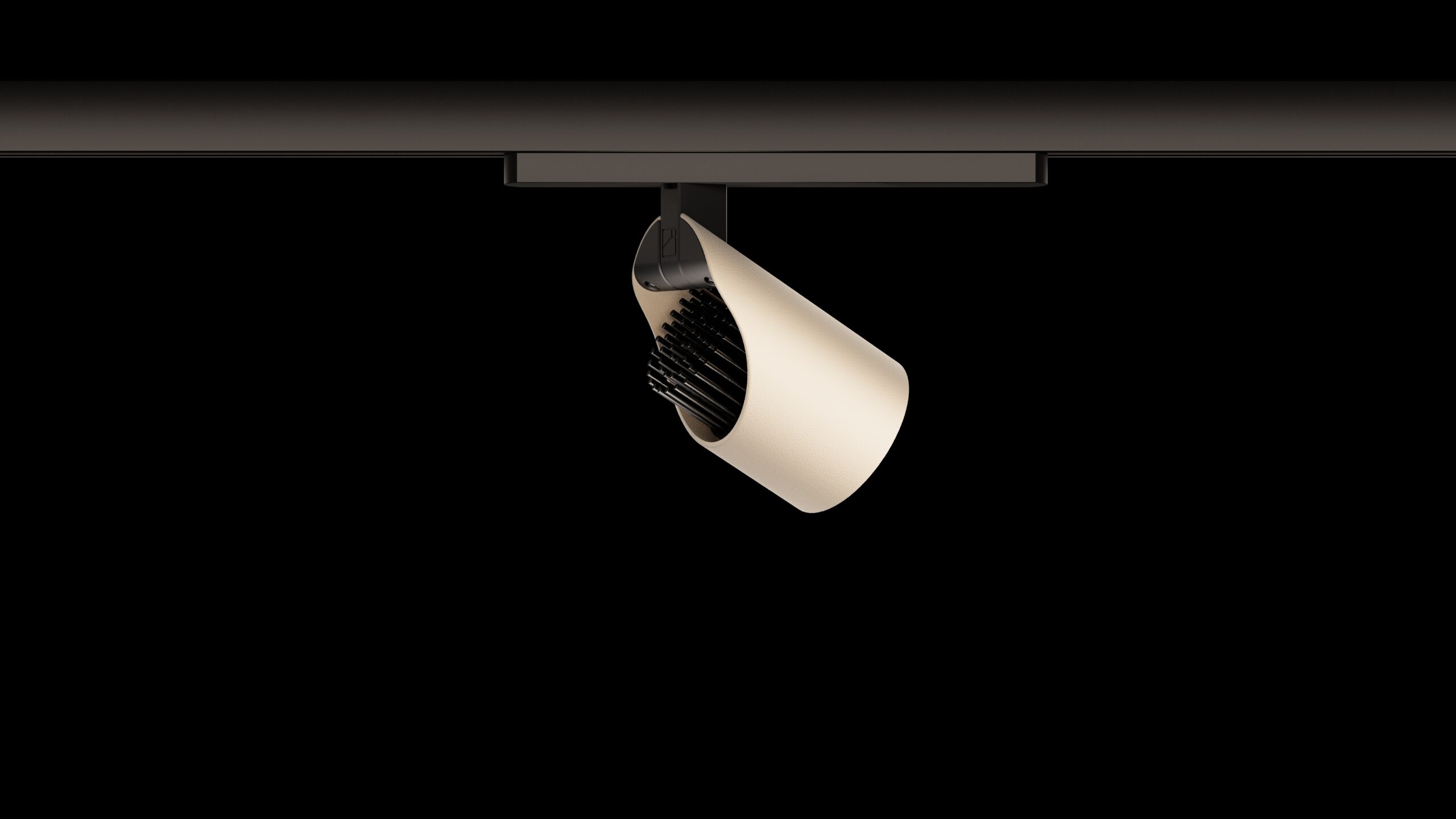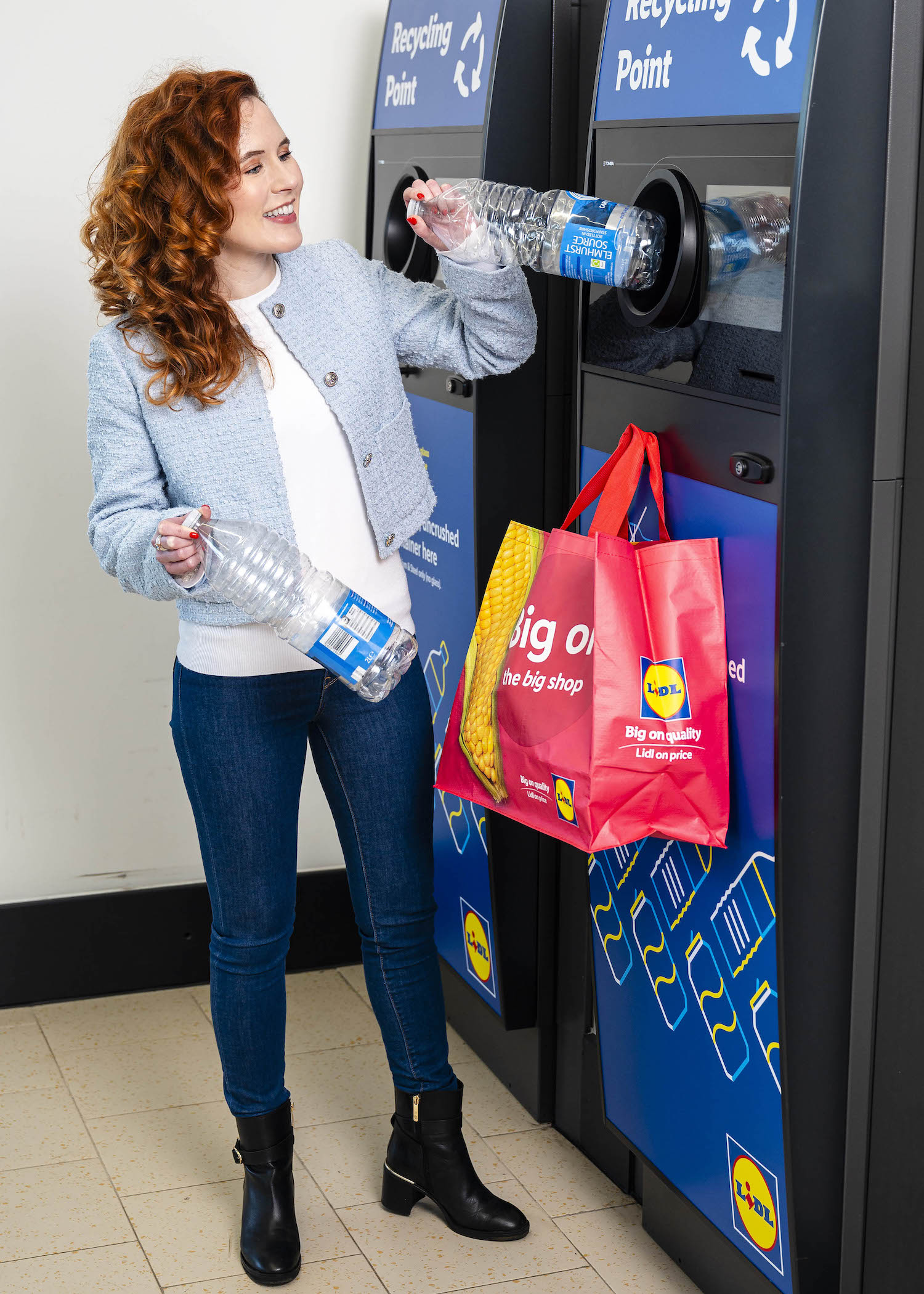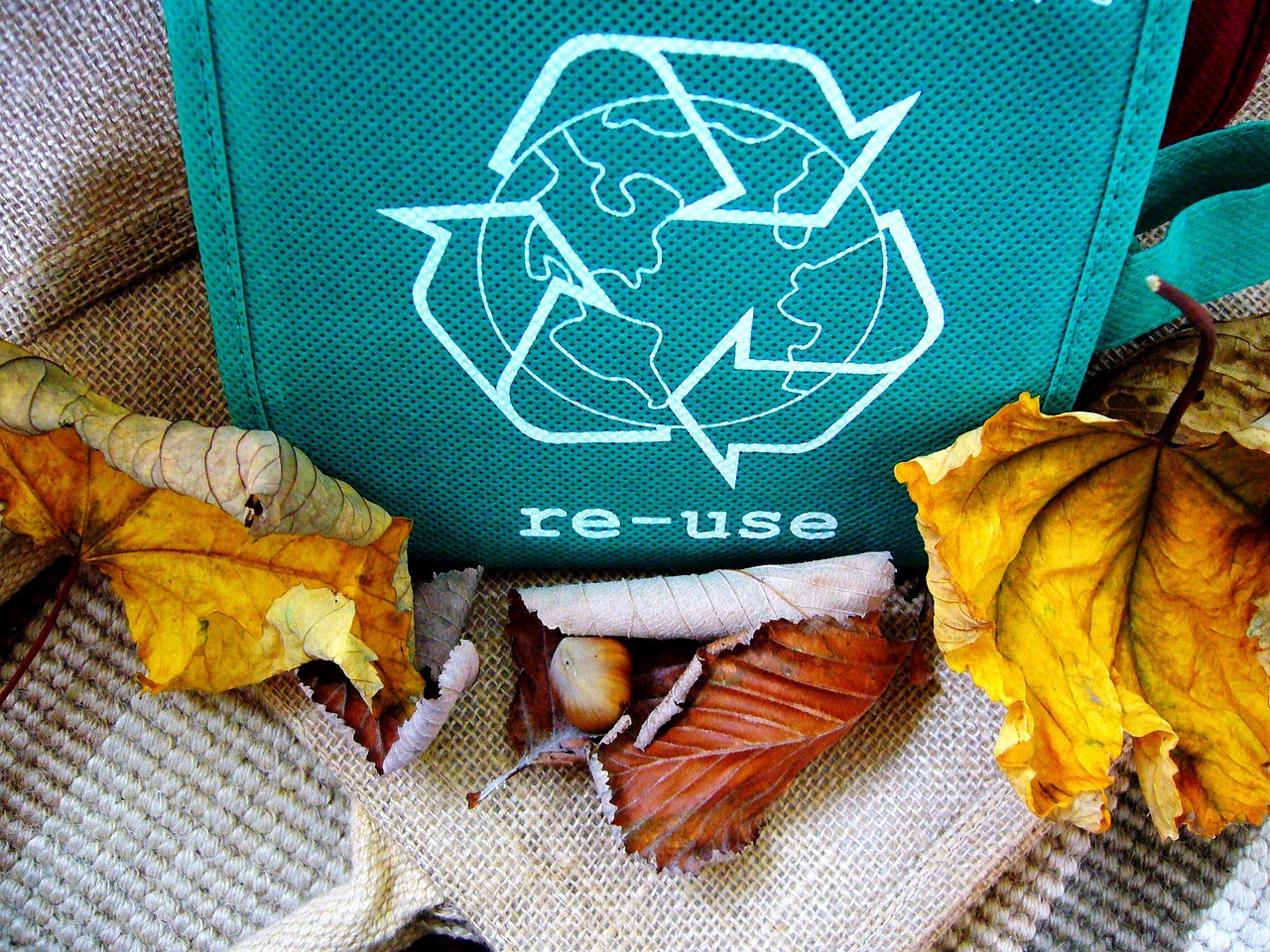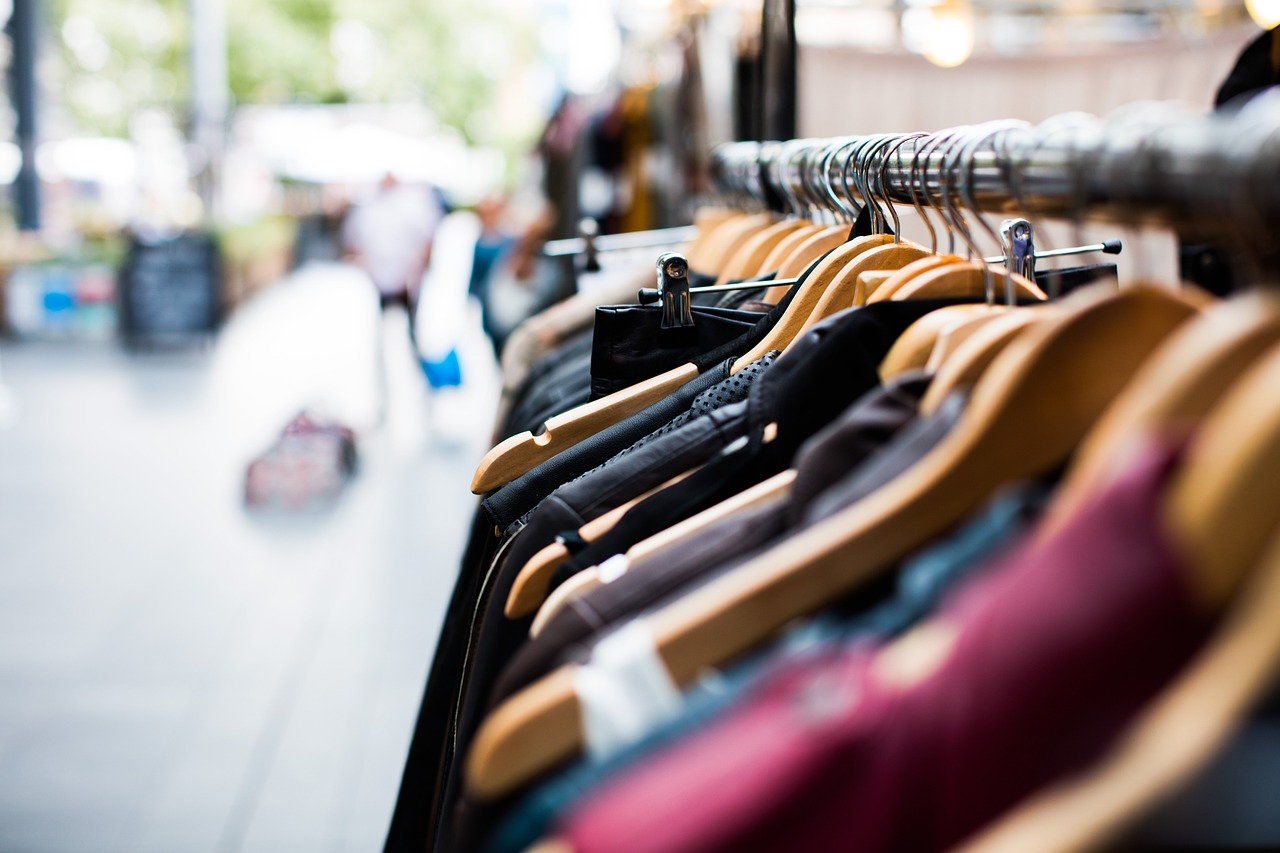To put it simply, there is no escaping the subject of sustainability in retail. If you walk up and down the aisles of supermarkets, clothes shops or even furniture stores, you will notice that more brands are shouting about their commitment to protecting the environment, be it via packaging or marketing messages.
With brands already doing their part, it is only right, and smart, that retailers follow suit and take similar steps to improve their sustainability. Not only will this reduce their own impact on the planet, but help paint their stores, and indeed wider business, in a more sustainable light that will appeal more to consumers that share a similar passion.
The good news for retailers is that there are plenty of changes, often simple, that they can make to bolster their environmental credentials. While this of course may involve some level of spending, the long-term benefits will almost certainly make this investment worthwhile.
With this in mind, Retail Focus picks out some examples of retailers that have strengthened their sustainability and explore how others can take a similar approach.
Bright idea
Retailers can start by looking at their stores and what they can change to have an almost immediate impact on sustainability. One of the most obvious areas that comes to mind is lighting, with this not only playing a key role in retail strategies, but also their overall energy use.
Step forward Shoplight, which has worked with a wide range of clients in the retail sector on strategies to improve their lighting while reducing energy usage. Sara Drawwater, marketing director at Shoplight, said that sustainable retail benefits the environment and aligns with consumer expectations, social responsibility and economic viability. She added retailers that prioritise sustainability are poised for success as they are more responsive to the demands and expectations of the modern consumer.
“By embracing more sustainable practices retailers can make a positive environmental impact, reducing their carbon footprint, combat climate change, and protect our planet,” Drawwater said.
“Retailers must also consider their consumers, and modern consumers are prioritising sustainability. In a 2021 article, The Path Forward for Retail’s Sustainable Future, McKinsey & Company said during the pandemic, 65% of German and UK consumers expressed a desire to buy high-quality items that last longer, while 64% of Chinese consumers considered more environmentally friendly products.
“Also consider the value of stakeholder capitalism: prioritising the interests of employees, customers and communities, as well as shareholders. By recognising a company’s success is intertwined with the well-being of all those affected by its operations moves beyond profits for shareholders to include responsible corporate behaviour, sustainability, and a broader societal impact.
“Finally, sustainable practices can lead to cost savings, improved efficiency, and better use of resources. Focusing on more circular practices like a reduce-reuse-and-recycle mentality pushes retailers to make economically responsible choices which align with better environmental choices.”
While the demand is there, Drawwater said it is likely not possible for a retail brand to move towards responsible manufacturing, better materials, and eco-friendly practices overnight. However, an approach of continuous improvement is more plausible. She added that as demand for sustainable products grows, companies will be able to achieve economies of scale, and factors like this will bring down the cost of manufacturing and supplying greener options.
With this, Drawwater flags certain offerings from Shoplight, including its new retail spotlight in the form of NORT GS. Following in the footsteps of NORT, Shoplight’s first sustainable bio-polymer retail spotlight, Drawwater said NORT GS comes at a price comparable to imported aluminium spotlights.
“Through its bio-polymer product range Shoplight helps retailers achieve sustainability through the fabric of their buildings,” Drawwater said. “This is a retail lighting range that cuts down energy usage, reduces production and transport emissions and minimises landfill waste.

“This range of bio-polymer luminaires go beyond being your average retail lighting products. Shoplight is a certified B Corp, embracing that continuous improvement approach. Its bio-polymer retail lights are eco-champions that give retailers a more sustainable lighting option that contributes to a more sustainable future.”
Trialling new ideas
Some retailers have built on existing ideas and expanded these practices to offer customers a more environmentally friendly way of shopping. One example that leaps out is Lidl, which in February this year became the first supermarket to roll out its own bottle return scheme trial.
Launching in 21 stores across Glasgow, the scheme offers customers unlimited cash rewards in return for empty PET plastic and aluminium drinks containers via in-store reverse vending machines. For each eligible item that they return, shoppers will receive a 5p reward that can be redeemed against their shopping or donated to Lidl’s charity partner, The STV Children’s appeal.
Such is Lidl’s optimism over the scheme, which replicates similar setups in other countries such as Germany, it is anticipated that the pilot will result in a minimum 10.5 tonnes of plastic and aluminium material being recycled each month. All material will be retained and used to create new plastic and aluminium product.
“We’re on a mission to eliminate all unnecessary waste, and with over 95% of our own-brand packaging now recyclable, reusable, or refillable we’ve been making great progress,” Lidl GB chief commercial officer Richard Bourns said.

“We know Lidl shoppers share this passion, and we hope that utilising this infrastructure, which might otherwise have been left dormant, will help to make recycling their cans and bottles even more convenient for them. With our extra incentive thrown in, and no cap on the number of items that can be recycled, it’s a win-win for all.”
The Lidl Return Scheme trial will run in participating Glasgow stores from 8 February to 11 August.
Planning for the future
While many retailers have in place some form of environmental policies, there is still work to do, given the advancements with sustainability methods. Estée Lauder Companies is one such business, having created its new Responsible Store Design program, which provides a framework for assessing new and existing retail stores
Parameters for the assessment include design of visual merchandising across sustainability related areas such as waste reduction, water and energy conservation, and responsible material sourcing. Criteria for the program, which Estée Lauder said has been deemed a “meaningful evaluation of green building standards”, was developed with the assistance of a sustainability consulting firm with expertise in green building design.

“To engage in the program, participating brands must meet relevant program prerequisites, which vary based on the retail space and store type,” Estée Lauder said. “For both new and existing stores, these requirements span store build-out, energy and water, responsible sourcing of materials, visual merchandising, store operations and innovation.”
New stores will be evaluated on a point-based scoring system, with each individual location evaluated based on various sustainability efforts across retail design and operations. As for existing stores and visual merchandising, a checklist of prerequisites ensures each location meets core sustainability requirements.
What’s on your shelves?
Of course, the products that you sell can also impact sustainability: the more planet friendly these are, the better your environmental credentials will be. What is more, commitment to this way of working is seemingly proving popular with investors.
Take All Good Things, an independent retailer that exclusively sells pre-loved, fragmented or repaired clothing, for example. Recently, the retailer received a £2.5m equity investment from Souter Investments, in conjunction with a broad base of experienced retail industry alumni. These include Ben Barnett, the former CEO of TFG London,, Helen Williamson, who was previously managing director of Whistles, and ex-Jigsaw CEO, Charlie Atterton.
Over the past 12 months, All Good Things partnered with over 200 fashion brands from the UK and Europe, with the aim of building greater sustainability into its supply chain. These partnerships, All Good Things said, provide a sustainable, physical home for fragmented stock, as well as pre-loved clothing returned by customers for recycling. By doing so, it reduces the amount of unworn clothing that ends up in landfill and extends the lifespan of each piece.

“The growth of All Good Things has been a labour of love for the team,” All Good Things CEO Keith Bristow said. “Establishing a new, sustainable retail concept has involved a considerable journey, and one for which we owe a debt of gratitude to our forward-thinking brand partners, who have over-turned convention and built us proactively into their supply chain.”
Bristow’s comments offer an apt conclusion to the feature. There is plenty that retailers can do to improve their sustainability. But the important thing to remember is that this need not include wholesale changes; start small by making small changes and build on this to secure a brighter, and greener, future for your business.





